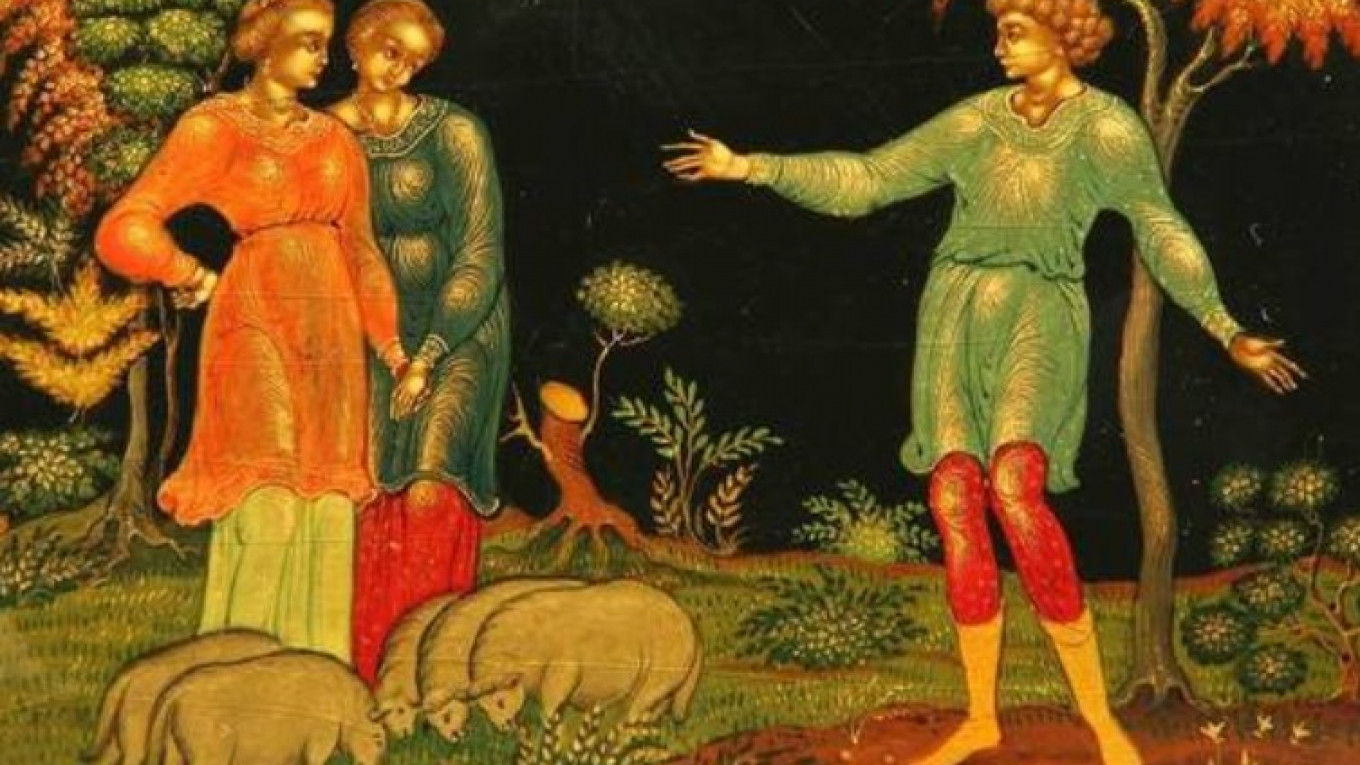One of the greatest pleasures of Moscow pre-lock-down was the enormous, extraordinarily good, and relatively inexpensive ways to learn something new. Lectures, course, educational tours – thousands of ways to understand a complex subject, master a skill, or satisfy a craving to find out how St. Basil’s was built or why people think a painting of a black square was brilliant.
The best (mostly) online educational project is Arzamas Academy, founded in 2015 by Filipp Dzyadko with four lectures, and now a huge site filled with courses, events, a children’s corner, crash courses, radio programs, a journal and special events.
You can take a course in, say, the history of money, or how to reread your favorite old books, or how does an orchestra function, or any of their famous series on Russian and world history, art, literature and anthropology.
Interested in the Soviet underground? They got it. Curious about the history of those painted boxes from Palekh? Check. Or maybe you’d like to delve into the great philosophical questions, starting with “What’s Love?” Come on in and start listening.
Of special delight are their video crash courses (ликбезы), like “Ancient Rome in XX minutes” and their stupendous “History of the Russian Language in 18 minutes.”
The special projects are always captivating — be sure to watch and listen to the series of “music in abandoned churches.”
What makes all of their materials so compelling — whether it be a tongue-in-cheek listicle of advice from famous religious hermits on surviving self-isolation (“eat grass” was one suggestion) or a course of how to appreciate art — is the sheer delight the lecturers or course creators take in the subject matter, and their pleasure in sharing what they know and love with you, whoever you are on the other side of the computer screen.
Everything is in Russian, with plenty of materials for learners. In fact, Arzamas is ideal for exam preppers and desperate zooming professors.
A Message from The Moscow Times:
Dear readers,
We are facing unprecedented challenges. Russia's Prosecutor General's Office has designated The Moscow Times as an "undesirable" organization, criminalizing our work and putting our staff at risk of prosecution. This follows our earlier unjust labeling as a "foreign agent."
These actions are direct attempts to silence independent journalism in Russia. The authorities claim our work "discredits the decisions of the Russian leadership." We see things differently: we strive to provide accurate, unbiased reporting on Russia.
We, the journalists of The Moscow Times, refuse to be silenced. But to continue our work, we need your help.
Your support, no matter how small, makes a world of difference. If you can, please support us monthly starting from just $2. It's quick to set up, and every contribution makes a significant impact.
By supporting The Moscow Times, you're defending open, independent journalism in the face of repression. Thank you for standing with us.
Remind me later.






